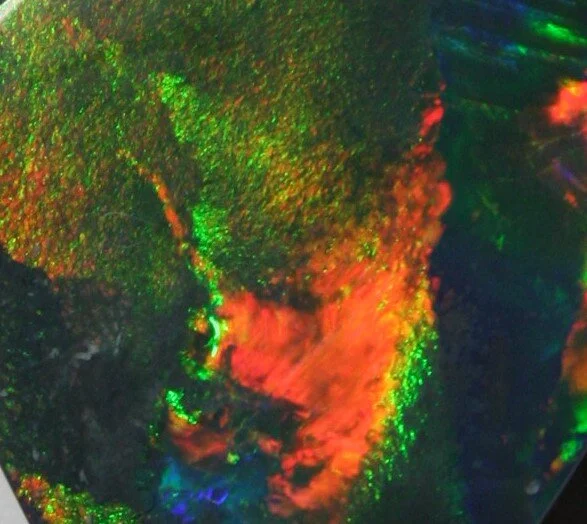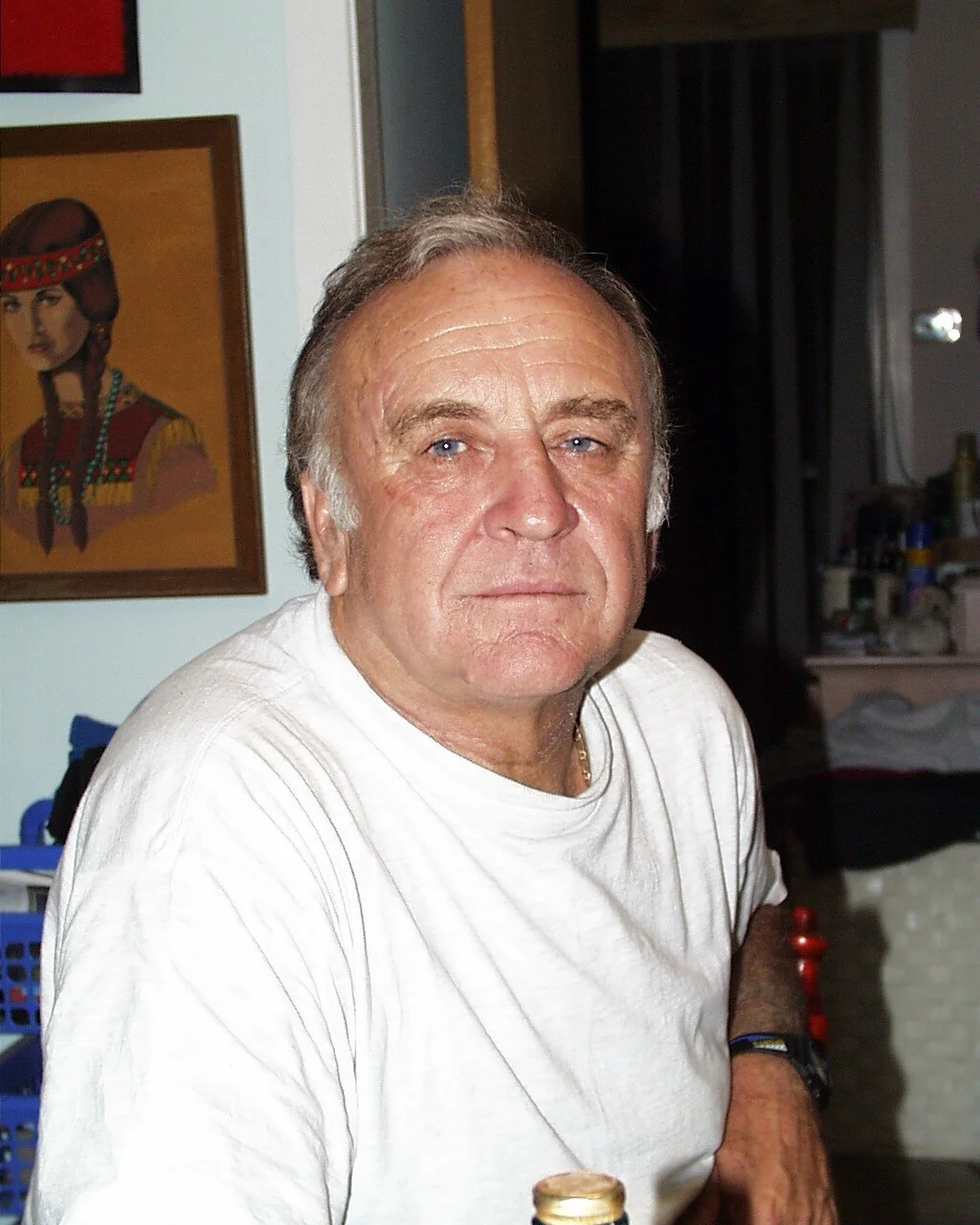Precious or noble opal opal is found in the north-eastern state of Piaui in Brazil. The mining area around Pedro Segundo and the mining districts of Pedro 11 and Buriti dos Montes are well known for opal
Read MoreHere are some items of art both musical and painted that have been inspired by precious opal
Read MorePaul Thomas is a senior lecturer in the school of mathematical and physical sciences at the University of Technology in Sydney (UTS). Paul has a special interest in the characterisation of silica in the form of Precious Opal. Paul has presented lectures regarding the structure and morphology of opal at a number of the Australian opal symposiums.
Read MoreBruce is a physical chemist by training with a long history in measurements of natural radioactivity and computer-assisted data processing. He turned down a job with NZ DSIR in 1973 to work on problem of silica in geothermal waters but in 1978, was part of a team looking at the thermoluminescence of natural opal and Gilson opal as a means of distinguishing the two. he conclusion (to borrow from Winston Churchill) was that “Opal is a riddle, wrapped in a mystery inside an enigma”.
Read MoreThe Indonesian word Kalimaya pronounced “Ka-li-may-yah” and is translated as Kali (river) maya illusions or “Rivers of illusion” relating to the flowing and movement of colours as the gemstone is turned and moved.
Read MoreEarlier this year and due in part to not being able to meet as everyone will say “covid19” I was approached by the Scottish Gemmological Association to give a presentation via “Zoom’ to the members for their usual annual conference. This was something significant and I was really privileged to do. The presentation , albeit with one or two “quirks” is available here for anyone to view. The presentation runs for about 40 minutes.
Read MoreIn more recent times and in conjunction with the discovery of some new precious opal occurrences as well as other discoveries of non-precious or ornamental opal varieties many in the opal industry in particular and the jewellery industry as a whole have begun to suggest that the Opal Nomenclature as published by the GAA in the Australian Gemmologist in 1997.
Read MoreIn the discipline of Gemmology (which is a subdivision of mineralogy as a classification. The terminology or classification of opal is different. Principally Gemmology discusses the use of minerals as gemstones which may be fashioned (cut and polished ) for use in the jewellery industry. Typically the classifications or terms important to gemmology are, Natural, Synthetic, Imitation, Composite or Treatment .
Read MoreA little introduction to this occurrence of precious opal is needed. Precious opal from this occurrence in Europe is most likely the oldest known source for the production of the gem. Different records in literature can often detail geographically different names of localities with different emphasis. An attempt will be made to elucidate these differences so that it will become apparent that the records are of the same opal fields in each case. It is also interesting to note that various places named which are associated with European opal have ben “anglicised, or if I may “Americalified”. Peter Semrád allays all of these issues in his book: “The story of European Precious opal from Dubnik” 2011. ISBN: 978-80-7296-079-8.
Read MoreHonduras has long been recognised as a source of precious opal, however not until recently has there been sufficient activity to supply even a small amount to the opal trade - Tony Dabdoub - “The fire still burns.’
Read MoreTo discuss opal formation we need to look at a few fundamental criteria that are needed to produce precious opal. These fundamental things are we need to find silica, and where it comes from, we need water, and to know where the water comes from, we need to know how the silica and water we now have, and understand the chemistry and the interaction of these components, and we need to know how and where the opal is deposited in the environment. Hopefully we provide an introduction to these processes.
Read MoreAnthony Smallwood, was teaching at the Gemmological Association NSW branch when the question was raised ‘Who will replace the current Gem2 lecturer upon his retirement?’. Initially putting his hand up to know more about the position, Tony was inadvertently suggested as the new lecturer.
Read MoreJohn would probably be one of the founding instigators of opal education and has been lecturing with me every time we have taught the Gemmological Association of Australia’s Advanced Opal course.
John is a long time opal cutter and this is what his part of lecturing mostly involves. He learnt opal cutting on the fields of Lightning Ridge and in particular Glengarry where he lived on the fields for many years. What John does not know about cutting Lightning Ridge black opal does not need to be discussed.
Read MoreI met Frank and Viv at the launch of the Opal Stamps held in the Australian museum. It was to more than just a casual meeting, as Frank encouraged me more to visit Lightning Ridge. Both of them have been involved with the OAS for many years, and over numerous hours of discussion, about opal and have also provided many specimens for teaching opal.
Read MoreA young Rudy pictured when we met and worked together at Diamond Grading Laboratories. When DGL morphed into Gem Studies Laboratory, Rudy also concentrated on photography of everything opal. His collection of the Opal Photographic Library is outstanding and has been awarded a small business award. Rudy has supported Opal Academy with his photographs and many discussions about outback opal fields.
Read MoreAnother member of the OAS, Dusan has provided much information and discussion about the valuation and mining of opal in Lightning Ridge. Dusan has shown and allowed photographs of some outstanding opal specimens.
Read More



















